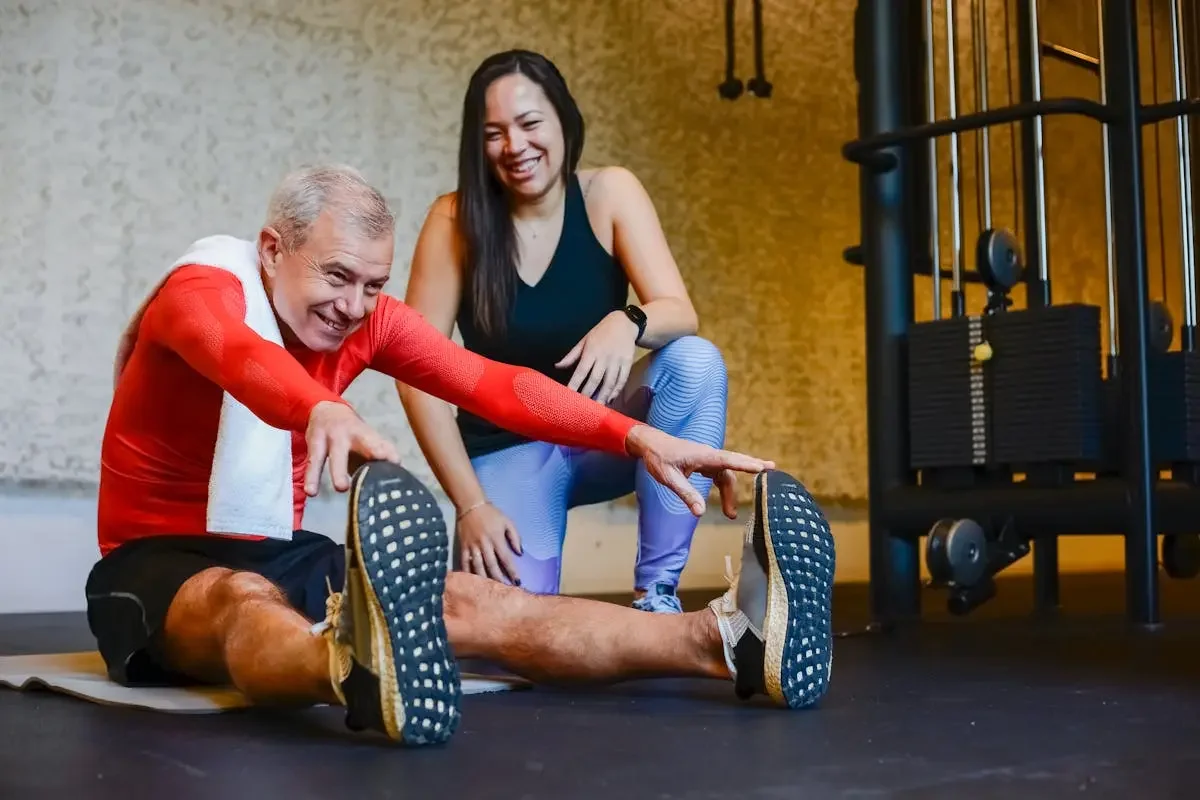18 Tips for Maximizing Your Physical Therapy Experience
Physical therapy can be a game changer in your recovery journey, but maximizing your experience requires some effort on your part. Whether you’re new to physical therapy or looking to make the most of your sessions, these tips will guide you to a successful rehabilitation. Let’s dive into these helpful strategies to enhance your physical therapy experience, so you can get back to doing what you love!
1. Set Clear Goals
Establishing specific and attainable goals with your therapist can provide direction and motivation for your rehabilitation. What do you want to achieve at the end of your treatment? Whether it's returning to a beloved hobby or simply regaining full mobility, having clear markers of success can keep you focused.
Moreover, discussing these goals regularly with your therapist will allow adjustments as needed. As you progress, your objectives may evolve, and that’s a good sign! Adapting your goals as you improve helps maintain a sense of challenge and accomplishment.
2. Stay Consistent with Appointments
Regular attendance is crucial for progress. Make your appointments a priority in your schedule. Think of these sessions as important investments in your health rather than just another obligation. If necessary, set reminders on your phone or enlist a friend to help keep you accountable.
Remember, each session builds upon the last, helping you gradually regain strength and mobility. Skipping sessions can set back your progress, making it harder to achieve your goals. Consistency not only helps your body heal but also reinforces your commitment to the rehabilitation process.
3. Communicate Openly with Your Therapist
Sharing your concerns, pain levels, and progress honestly with your therapist to tailor your treatment effectively cannot be overstated. Open communication is the bedrock of a successful physical therapy experience. If you're feeling discomfort or are unsure about an exercise, speak up! Your therapist is there to help you, but they need accurate information to provide the best guidance.
Moreover, asking your therapist to clarify any unfamiliar terms or techniques empowers you to take an active role in your recovery. This collaboration fosters a greater understanding of your body and recovery process, making your sessions more effective.
4. Prepare for Your Sessions
Arriving ready to engage by reviewing your last session's notes and any exercises you were assigned can set the tone for your therapy. Being mentally prepared allows you to hit the ground running. Consider setting aside time before each appointment to reflect on what you’ve accomplished and what challenges you want to focus on next.
Additionally, wearing comfortable clothing and suitable footwear during your sessions can enhance your physical engagement. Feeling comfortable allows you to focus on your movements rather than being distracted by discomfort.
5. Stay Active Outside of Therapy
Incorporate your exercises into daily life to reinforce what you learn during your sessions. For instance, if you're given stretches to work on, aim to fit them into your morning routine or do a few during your lunch break. This integration transforms your recovery into a continuous process rather than limited to therapy appointments.
Additionally, consider exploring activities that keep you moving, like walking or light yoga, to maintain your momentum outside of your scheduled sessions. The goal is to build strength and mobility in a supportive environment, allowing you to connect the dots between therapy and daily activities seamlessly.
6. Maintain a Positive Mindset
Focusing on progress rather than frustration can help you stay motivated and resilient. It's easy to get discouraged if you don’t see immediate results, but every small step counts! Acknowledging your efforts, celebrating little victories, and understanding that recovery isn’t linear can significantly impact your journey.
Visualizations can be a helpful tool here. Picture yourself achieving your goals! This technique can enhance your mental resilience and help you keep a bright outlook—essential for navigating the challenges of physical therapy and injury recovery.
7. Ask Questions
Don’t hesitate to ask questions about your treatment or progress; it's vital to understand your process. This not only clears up any confusion but also empowers you as a patient. Knowing what each exercise aims to achieve, or why a particular method is used fosters a partnership with your therapist.
Moreover, asking about alternative strategies or methods can help you find the best fit for your specific needs. Remember, taking charge of your recovery is important, and gaining knowledge about your treatment creates a more comprehensive and personalized approach.
8. Follow Your Home Exercise Program
Adhering to the exercises assigned by your therapist at home reinforces your in-clinic work. These exercises aren’t just suggestions—they’re essential elements of your recovery plan. Carving out time daily for your home program can yield significant benefits and accelerate your healing. The Bespoke Physical Therapy app will send you reminders to perform your program. If you have any issues with the exercises, send a note to your Doctor of Physical Therapy via the Bespoke PT app so they can modify your program.
9. Track Your Progress
Keeping a journal or log of your improvements can provide encouragement and help identify patterns. Write down not only your accomplishments but also how you’re feeling during each session. Over time, this log will reflect your journey and remind you of how far you've come, even on days that feel challenging.
This documentation can also serve as a useful discussion tool during your therapy sessions. Sharing this info with your therapist may unveil areas that need extra attention and encourage more personalized approaches to your treatment.
10. Be Patient with Yourself
Recovery takes time. Giving yourself grace during this process is crucial for mental well-being. Allowing yourself to feel frustrated or disappointed is normal, but it's important to remember that healing isn’t a race. Recognize that every journey is unique, and it’s okay to encounter bumps along the way.
Practice self-compassion by reminding yourself that every step forward—no matter how small—matters. Building this supportive inner dialogue can be immensely beneficial in maintaining your focus and drive throughout your recovery journey.
11. Utilize Technology
Bespoke Physical Therapy's app features a video-guided home exercise program alongside a pain tracking tool to help you along your journey. Our platforms allows you to log your workouts, track your pain levels, and set reminders for your exercises.
A balanced diet can enhance your recovery. Consult with a professional for personalized advice. Proper nutrition can fight inflammation and support muscle repair, making it ideal for your rehabilitation progress. Elements like vitamins, proteins, and healthy fats play pivotal roles in how quickly your body can heal.
Moreover, staying hydrated is essential! Often overlooked, proper hydration helps your tissues function optimally, significantly impacting your overall recovery experience. Keep a water bottle handy throughout the day to remind yourself to drink plenty.
12. Involve a Support System
Having friends or family encourage you can make a significant difference in your motivation and emotional support. They can remind you of your progress during tough days and celebrate your victories, keeping your spirits high. Don't shy away from inviting loved ones to sessions or having them join discussions about your therapy.
Additionally, consider seeking out others who are currently in therapy. Sharing experiences can foster camaraderie and help normalize any difficulties you face, leading to a more enriching overall journey.
13. Embrace Pain Management Techniques
Incorporating recovery technology like led red light, percussive therapy (Theragun), orbital massage (Rally),heat, ice, or relaxation exercises can alleviate discomfort during recovery. These technologies can provide immediate relief and offer preventative benefits that allow you to engage more fully with your therapy.
Discuss the potential benefits of therapies like massage or acupuncture with your therapist as part of a holistic approach. Complementary therapies can provide relief, enhance your overall well-being, and even help to expedite the healing process.
14. Celebrate Small Victories
Recognizing and celebrating your small achievements can boost motivation over the long haul. Whether it’s simply performing an exercise with ease or achieving a milestone in your recovery timeline, each victory counts! Taking the time to acknowledge these moments can reinvigorate your enthusiasm for the process.
Consider keeping a reward system for yourself. Whether it’s treating yourself to a favorite meal or simply giving yourself a mental pat on the back, celebrate your progress! This will maintain your focus and remind you that hard work leads to meaningful outcomes.
15. Stay Educated About Your Condition
Understanding your diagnosis and treatment can empower you and foster a sense of control. Knowledge is not just power; it also helps quench curiosity and can alleviate anxiety regarding the unknown outcomes. The more you know about your condition, the better prepared you’ll be to take an active role in your recovery.
Don’t hesitate to ask your therapist for resources to read or research. This proactive approach to understanding your treatment plan can build confidence and reinforce your efforts to promote healing.
16. Adapt Your Lifestyle
Making lifestyle adjustments, such as ergonomic changes at work, can aid recovery and prevent re-injury. Evaluate your daily activities and consider how minor adjustments might alleviate strain on your body. For instance, ensuring you have good posture while sitting or adapting your workspace to be more supportive can make a big difference.
Additionally, embrace this opportunity to explore new, healthier habits that support your overall well-being. Whether it’s incorporating more movement into your day or opting for healthier snack choices, the changes you make now can lead to lasting benefits beyond just your current condition.
17. Keep a Positive Attitude Toward Recovery
Your mindset plays a significant role in your healing process; stay hopeful and encouraged. Surrounding yourself with positivity—be it through affirmations, supportive friendships, or uplifting content—can foster a more constructive mindset during recovery.
Practicing gratitude can also help shift your perspective. Rather than lamenting what you can’t do, focus on what you are gaining back. This shift in attitude can serve as a powerful motivator, pushing you to strive for further improvement.
18. Reflect on Your Journey
Spending time reflecting on your progress and challenges can provide insights and keep you engaged. Consider creating a ritual around this practice, perhaps at the end of each week or month, to assess where you are and where you want to go.
This kind of self-reflection not only highlights your growth but can also uncover patterns in your recovery, which can be beneficial in discussing your progress with your therapist. Remember, every step of your journey is a learning experience—embracing it fully can lead to profound personal development beyond physical recovery.


